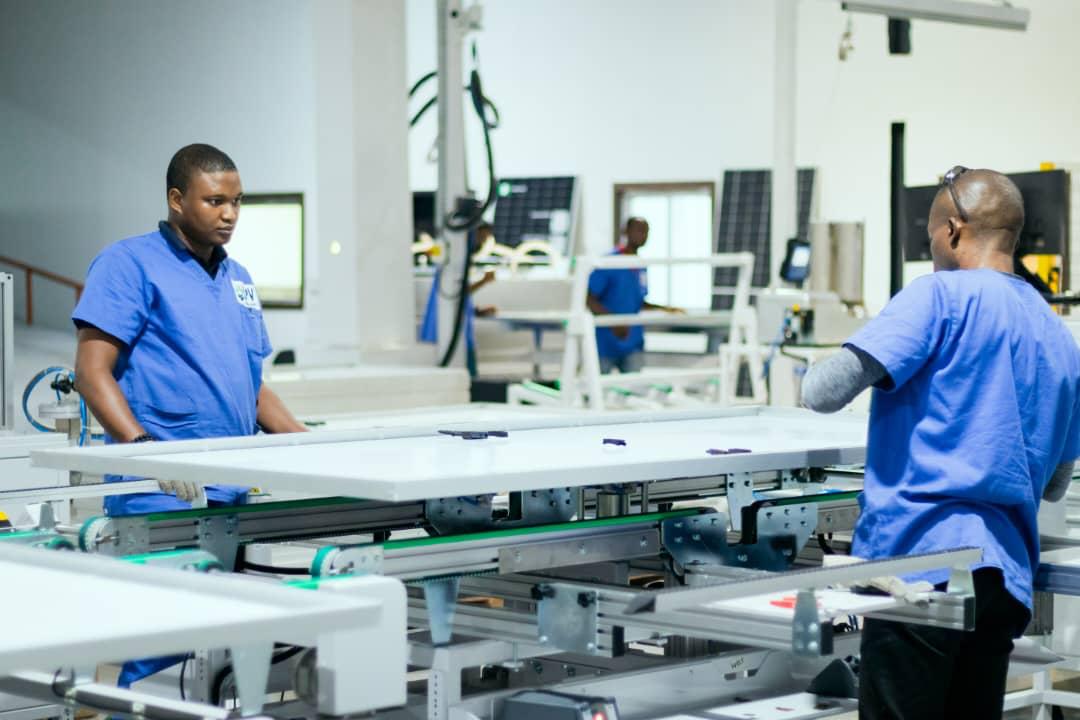Nigerian Agencies Target Telecom's US$350M Diesel Bill with Renewables
This strategic collaboration, formalized via a new NCC-REA committee, aims to replace diesel-dependent infrastructure—currently consuming over 40 million litres monthly—particularly in rural and underserved regions.
NCC Executive Vice Chairman Dr. Aminu Maida framed the partnership as critical for advancing both sustainability and digital inclusion. “Whether powering a base station or enabling a child’s digital learning, this can transform realities,” he stated, emphasizing systemic solutions over isolated fixes. The committee will coordinate renewable deployments, funding alignment, and impact monitoring to bridge Nigeria’s energy and connectivity gaps simultaneously.
REA Managing Director Abba Aliyu positioned integrated renewable-telecom infrastructure as a catalyst for rural development. “Combining renewable energy with internet connectivity drives sustainable progress in excluded regions,” he affirmed, underscoring the project’s role in expanding Nigeria’s energy and digital grids. The initiative aligns with national climate resilience goals while addressing operational costs for telecom operators.
With Nigeria’s telecom sector ranking among Africa’s largest diesel consumers, the partnership signals a policy shift toward cleaner, economically viable network operations. Prioritizing renewables for remote sites could accelerate universal connectivity targets while curbing carbon emissions—a dual gain as energy costs and sustainability pressures intensify nationwide.
Follow on Google News






